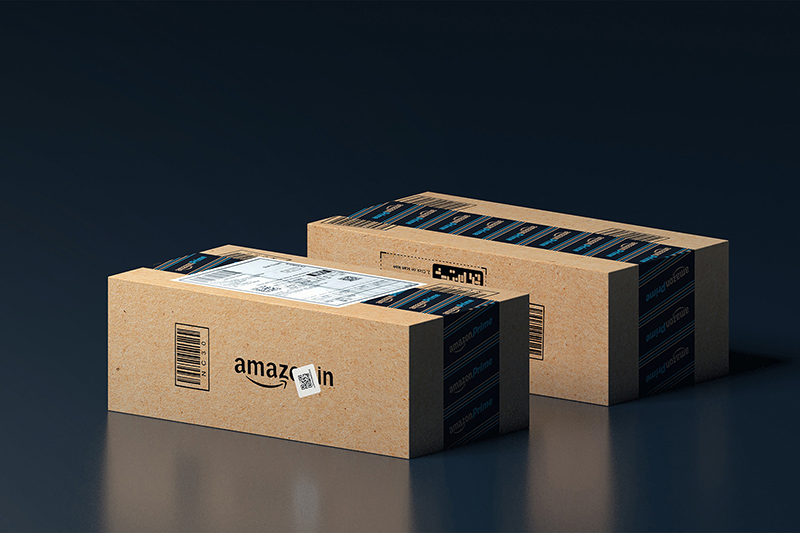Unveiling the Luxury Sector of Hong Kong: Facing Unique but Mutual Problems
Bejeweled like a diamond of elegance and luxury is the luxury industry in Hong Kong, which despite this fact, deals with a special cluster of problems that differ only in degree from those encountered by other fields. The luxury brands specifically have to grapple with the contradictory problems of holding their brand image in an exceedingly competitive market and of adapting it to the fresh, fast-changing cultural tendencies. Furthermore, the sector’s laying on heavy tourism, which is almost the primary source of its business, tends to create the string that holds back its response to the international travel limitations caused by the pandemic and geopolitical conflicts. However, digital transformation and supply chain management are other problems that firms in the luxury sector and different fields share.

The emergence of the information age has been like a torrential force that has plagued and created changes in many sectors worldwide. It is true that luxury brands must embrace technology in order to develop their relationships with the customers. The race for the implementation of a seamless omnichannel approach is coupled with the pressure of maintaining synchrony in a brand’s online and unplugged narrative. Global supply chains have been a chronic concern in the luxury sector and others too, notably due to the pandemic.
The Value of ERP Systems in Shattering the Glass Ceiling
In fact, a luxury firm can totally rely on the ERP system as an effective partner when it comes to overcoming the obstacles the right way. The enterprise resources planning mirror a full cycle of the workforce management which is the main key to boosting the operator’s efficiency and reactivity to the luxury sector. ERP systems which allow firms to automatize and optimize their operations are the answer to the management of complicated supply chains.
The addition of AI-driven tools in the ERP system, like LAIDFU, allows luxury brands to be flexible and inventive in business processes. AI robots that work with artificial intelligence can analyze consumer data which supports the personalization of shopping experiences. An ERP can offer the firm real-time access to all the information it is necessary to take better and faster decisions and to be more agile in the Hong Kong market.
There is no doubt that ERP platforms enforce better interdepartmental collaboration; they lead to the formation of a more unified and adaptive organization. Integrity and service quality which among other things stand for the main characteristics of luxury brands, are the very things that the ERP technology has to preserve for a long time.
Blueprint for the Successful Launch of ERP
Do ERP the right way and you could almost see miracles happening. You need to follow a formula that reflects the needs of your specific organization. The secret to the successful implementation is pinpointing the main operational pain points versus the planned ERP functionalities. Besides, from the outset it is critically important to achieve the cross-firm employee buy-in, thus truly illustrating the business needs with the implementation.
Holding up with the adequate training and support during the ERP is a need of primary cornerstone. Workers should be proficient with the critical skills to operate the system effectively; Such practice will speed up adoption and ensure the fullest extent of the ERP is fully realized.
Multiable aiM18 ERP: The Solution for the Pain Areas of Luxurious Whole Sale
- Custom Algorithm for Ever-Changing Regulations: Get compliance easily, with tools that adapt to regulatory changes.
- Custom Business Flow Without Programming: Facilitate changes to business processes without technical expertise easily.
- Lot/Serial Number Control: This allows for better inventory management, and product authentication, which is a vital factor in the luxury market.
- Automatic LSP Selection by AI: Logistics gets optimized by choosing the most competent providers and thus saves time and costs.
- User-Defined Fields with Real-Time Refresh Logic: Customization is made possible in a timely way supporting with inputs which are real time and hence decisions are timely helping with the mkt relevance.
Utilizing AI to Compete in the Luxury Sector in Hong Kong
Luxury products have the upper hand in Hong Kong as they have been smart enough to use AI-tech integration with ERP systems. The use of AI agents in data analysis and trend prediction is essential for the firms to forecast the consumer’s requests and to conclude between them about these requests. In those firms that face the most threat from high tariffs, using AI for further cuts to costs and optimizing productivity outstrips everything else. The combination of LAIDFU with Multiable ERP gives the opportunity for luxury brands to implement wide-ranging and stable AI solutions which are absolutely cost-efficient.
What is Multiable ERP?
Multiable ERP is a cloud-native ERP widely adopted by business in Singapore, Malaysia, Hong Kong and China. With over 6,000 customers in the region, Multiable ERP gains positive feedbacks from customer across different sectors, from manufacturers, distributors, retailers, service providers to NGOs. The renowned no-code approach saves customer a big sum of customization costs and countless hours of implementation man-days.
What is LAIDFU (Let AI Do for You)?
LAIDFU is an AI tool for enterprise to build their own AI agents to perform various business AI tasks.
Proprietary EKP (Enterprise Knowledge Partitioning) technology eases CEO’s concern about trade secret leakage which often occurs in most AI agents / chatbots in the market.
EKP removes the hurdle of business AI adoption by most companies in using sensitive corporate data.
Powered by no-code approach, deployment of LAIDFU incurs far less developers (and development costs) in comparison with other AI tools.
LAIDFU empowers business, with or without an ERP system in place.
Contact us

